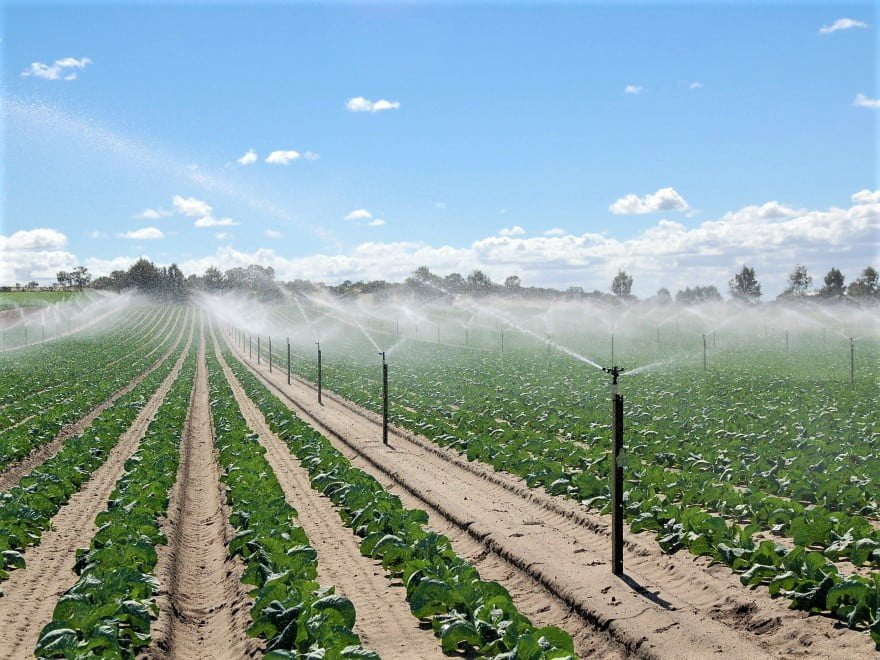Governors of the Ministry of Agriculture and Food Industry of Moldova (MAIA) argue that at the government level, work on amendments to the distribution regulations of the National Fund for the Development of Agriculture and Rural Affairs is underway. They will increase subsidies irrigation infrastructure. In particular, compensation will be provided for shares of investments in deepening ponds, and in tanks for rain/melt water, etc.
The associations of producers of fruits, grapes, vegetables and berries believe that the development and application of a regulatory framework providing farmers with wide access to underground water sources for irrigation purposes would give the greatest impetus to the development of irrigation in fruit growing. However, this is unlikely to be solved in the short term, namely, in the agricultural season-2022.
MAIA experts believe that, as a matter of priority, irrigation systems using water from the most accessible sources – primarily from the Dniester and Prut rivers, as well as small natural reservoirs (where the water quality meets the irrigation standards), should be developed.
In addition, there are many hundreds of artesian wells in the agricultural enterprises of Moldova, created during the Soviet period, but currently closed. They could be used in regions, where there are no alternative sources of water for irrigation at all. However, these water sources can hardly be called cheap, given the need for expensive energy resources used to raise water and pump it onto farmland.
The use of the site materials is free if there is a direct and open for search engines hyperlink to a specific publication of the East-Fruit.com website.




